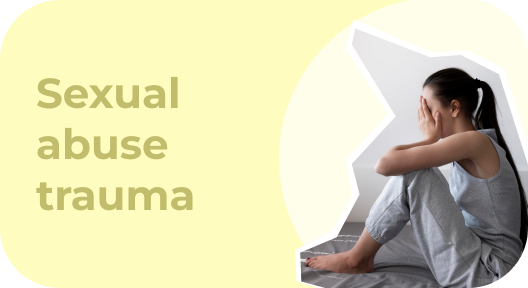In the past, I would overwhelm myself by shouldering the problems of others without having anyone to help me with my own. I felt obligated to because that’s what friends are for, right? But after a year of therapy, support workshops and self-help exercises I’ve come to learn no, that’s NOT what friends are for.
When I lacked boundaries and healthy communication skills, I allowed people to constantly trauma dump on me. These people were individuals I called “friends.” The thing about it is, they had no regard for MY mental/emotional wellbeing and would discard me once they felt better. Or if I attempted to be vulnerable around them they were “too busy”/unavailable.
Now that I have healthy boundaries, an understanding of my limitations and respect my limited capacity to receive negative information, I honour myself by asserting these boundaries and communicating these limitations to anyone I’m building rapport with.
Because if it’s something I’ve also learned, it’s that everyone’s definition of a friend looks different. For some, it’s someone you occasionally talk to, for others it’s what a person can do for them. Myself personally, a friend is someone I can share laughs with but also expect them to hold me accountable if I say/do something inappropriate. It’s me knowing I can also hold them accountable and that there can be healthy conflict without fallout. It’s sharing core values and interests, but also having differences and still getting along.
These days a lot of people don’t want friends, they want “fans” and “followers.” Individuals who’ll cosign on anything and everything they do regardless of it’s right or wrong. They don’t want to take responsibility or grow to better themselves, they don’t want to build long lasting relationships, just superficial and short term connections. They don’t want ACTUAL friends, they want therapists; people to dump things on, and because of that I’ll remain selective social and continue holding space with myself.
Yes, your friends should be there to support you in your time of need but they shouldn’t be treated like therapists. YES, your friends are loved ones and people apart of your support system but NO, they’re not qualified professionals to guide you through traumatic events and life experiences.
That’s why I’m tired of seeing the narrative, “You’re a bad friend/person if you don’t let your loved ones trauma dump on you!” because it’s so inconsiderate? Everyone has a life outside the friendships they build and that should be understood as well as respected.
Everybody’s capacity is different, and if you can’t take two seconds to ask if the person is in a well enough, mental and emotional head space to receive information that has the potential to be triggering then you’re not as good of a friend as you think. Your friends and loved ones shouldn’t feel “obligated” to be emotionally overwhelmed because they’re afraid you’ll accuse them of being uncaring.
Additionally, just because you might have the capacity to do it doesn’t mean you have to. It’s great that you’re looking out for your loved ones but it’s their responsibility to seek professional outlets that’ll accommodate their circumstances. People really don’t understand how that can put a strain on friendships, intentional or not. And I understand that receiving professional help is extremely difficult, but if you think your friends are therapists then you should re-evaluate yourself. While there are people comfortable with having this dynamic, others aren’t.
With me deciding to no longer be the therapist friend, it’s been QUIET. With me setting boundaries, it’s, “Oh Mitchel you’ve changed.” With me stepping away from anything that doesn’t positively serve me after respectfully communicating my disassociation, it’s, “Mitchel’s weird.”
I didn’t change nor am I weird, I just respect myself enough to no longer let people take advantage of me and they dislike it, but I’m okay with that. No longer being the therapist friend is one of the best things I’ve done for myself, and while I of course still support and advocate for others when possible, I do it in a way that doesn’t overwhelm me or invalidate them.

